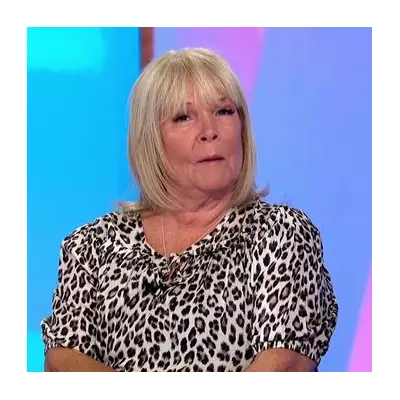
The literary world has been rocked by the scandal surrounding the bestselling memoir The Salt Path, raising serious questions about the authenticity of nature writing and the ethics of memoir publishing.
A Walk That Divided Opinion
What began as an inspiring tale of resilience – a couple walking the South West Coast Path after losing their home – has become one of publishing's most controversial stories. Recent revelations about factual inaccuracies have left readers questioning how much creative license is acceptable in memoirs marketed as true stories.
The Heart of the Controversy
Key issues include:
- Discrepancies in the timeline of events
- Questions about the couple's actual living situation during their walk
- Allegations of exaggerated hardship claims
Impact on the Nature Memoir Genre
Publishing experts warn this scandal could have lasting consequences:
- Increased scrutiny of memoir submissions
- More rigorous fact-checking processes
- Potential decline in reader trust for nature writing
- Changes in how publishers market 'true stories'
The Future of Literary Truth
As the debate continues, industry insiders suggest we may see clearer distinctions between:
- Factual memoirs
- Creative nonfiction
- Fictionalized accounts based on true events
What remains certain is that this controversy has fundamentally changed how readers and publishers approach the nature memoir genre.





